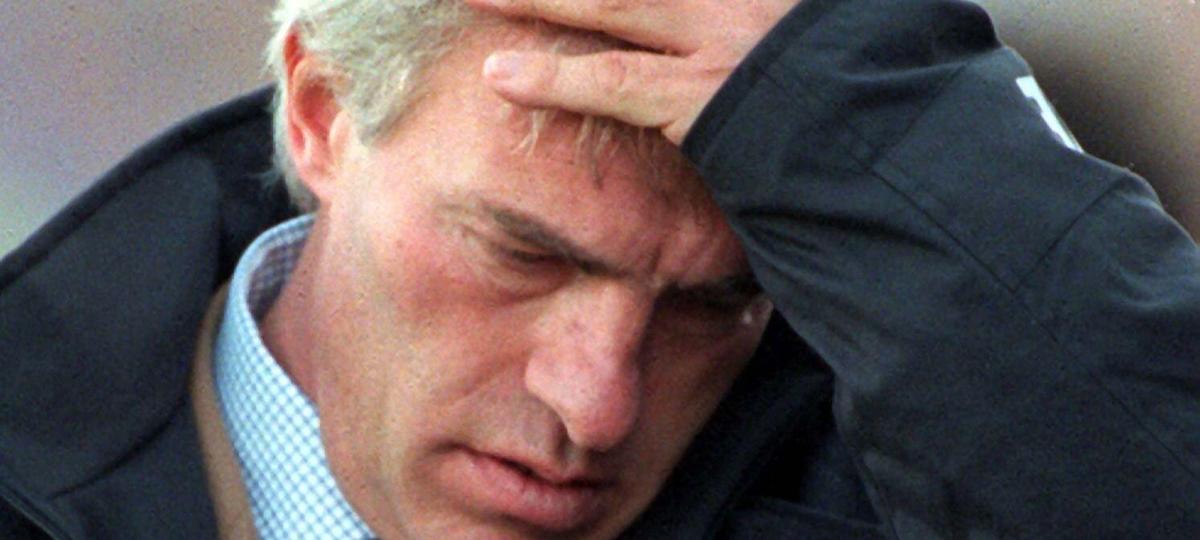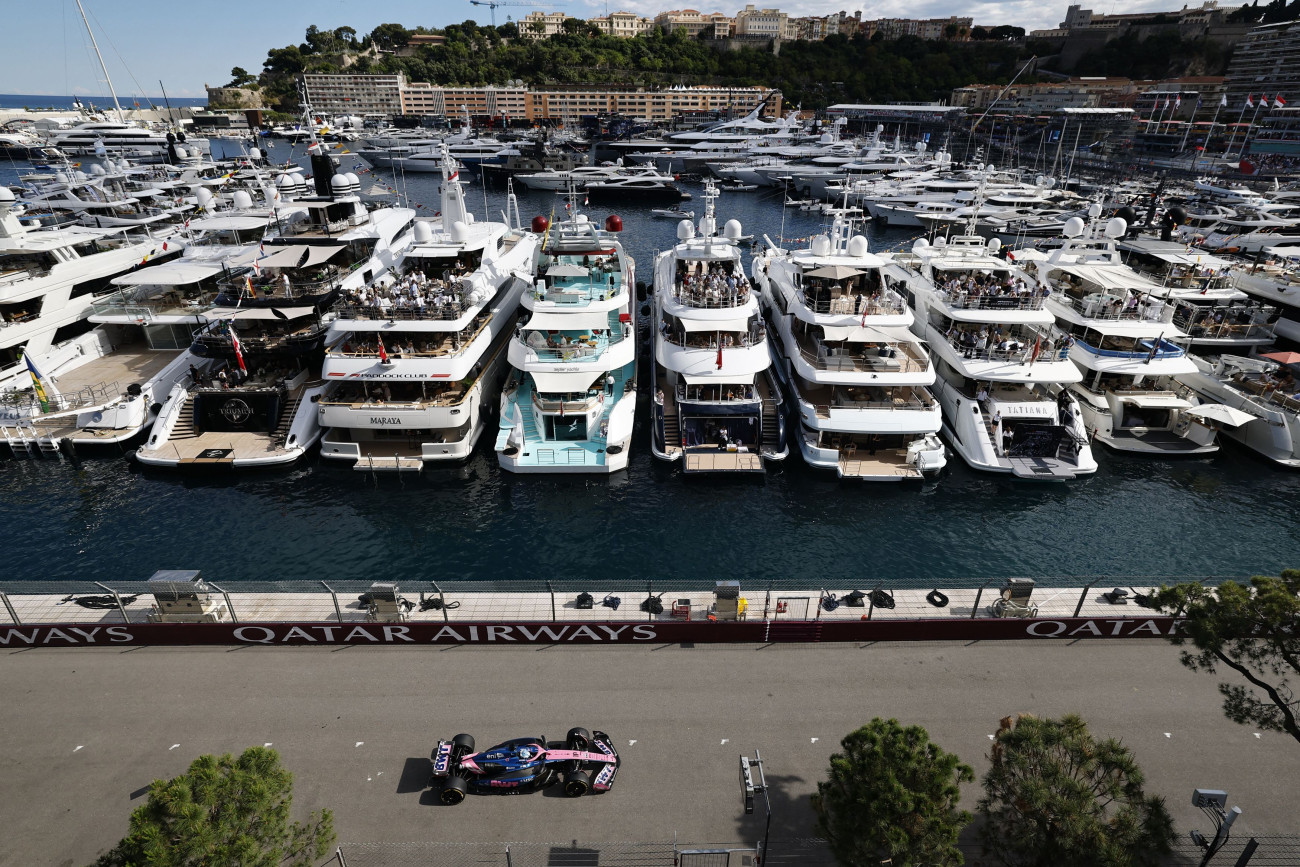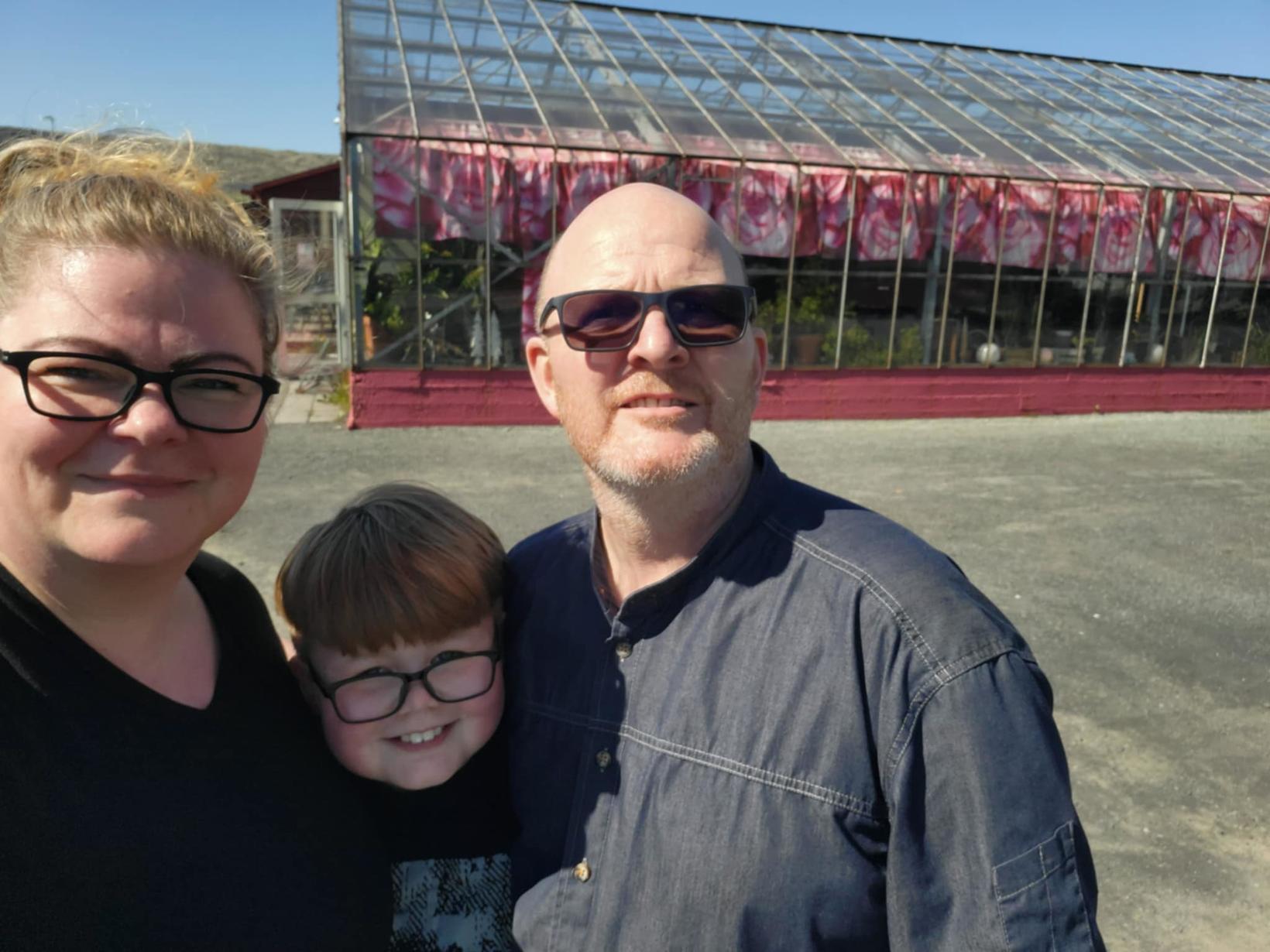Daniel Kehlmann: « Trump is guilty of humorm abuse »

After a novel that takes place in the 19th century, which follows the discoverer Alexander von Humboldt on travel through the world, and another about the mythical spine of Eulenspiegel who has been through the thirty-year war, Daniel Kehlmann has now moved to the Second World War and Nazi.
– Sure I have received a lot of attention for my historical books, but I still want to point out that I have written novels that take place in the present, without main characters with historical publishers …, says Daniel Kehlmann and smiles.
We sit in the middle against each other in a conference room at the Swedish publisher. Daniel Kehlmann is in Sweden to present the latest novel, where he depicts a few years in Austrian film director Georg Wilhelm Pabst’s life. On the table are coffee and cinnamon buns produced. Daniel Kehlmann is content with a smooth cup.
– … and I know you know it. But I still want to say that!
He bursts into a high laugh and adds that he himself does not want to accept that historical novels are his strength.
The last time I interviewed Daniel Kehlmann we sat in a summer -warm Berlin and discussed « Tulle », the novel about Eulenspiegel. Even then he was in a brilliant mood. Admittedly, his novels contain a lot of blackness, but still his closeness goes to laughter again in what he writes. Also in « light play ».
In the new one The novel tells Daniel Kehlmann the slightly unlikely story of GW Pabst: a acclaimed and famous film director who, after discovering Greta Garbo and becoming one of the big ones in German film emigrated to Hollywood in the early thirties. But who, on the contrary, against the great wave of intellectuals that fled Germany when Hitler has taken power, decides to return to Austria and Germany to direct films during the totalitarian Hitler regime.
– There are different interpretations as to why he decided to return. My interpretation, which is based on a statement from his widow Gertrude Pabst, is that he did it to take care of his mother. It is a kind interpretation. Others have claimed that he did it to film.
– But he was hardly a convinced Nazi. He was known as « Der rote pabst » (the red pabst) and the Nazis were very skeptical of him.

The big question As Daniel Kehlmann examines in the novel, how far a creative person is willing to go morally to have the opportunity to create art. In a central and freezing scene in the novel, GW meets Pabst Nazis’ propaganda minister Joseph Goebbels. GW Pabst gets two alternatives: concentration camps or unlimited film budget and exactly the actors he wants for a film project that the Nazis want him to take on.
The meeting between the two is not historically documented, but it is likely that it has taken place, says Daniel Kehlmann:
– Goebbels was very Hands-on And were interested in both large and small details when it came to films that were produced during the Nazi era. He also loved to scare and bark people so they both should have met. There is nothing about such a meeting in Goebbel’s diaries, but for me it is enough to think that it may have taken place. After all, I am a novelist, not a biography writer.

About GW Pabst There is not so much written. His biography consists of quite a few gaps. And it was these voids in the biography that made Daniel Kehlmann choose to write about Pabst- after first being interested and fascinated by German silent films from the 1920s and 1930s.
– I hadn’t wanted to write a novel about Fritz Lang. There are far too many facts. As a novelist, you need the riddles and gaps in a person’s biography to fill in imagination.
Although the stage in Goebbel’s ministry is icy and terrifying, there is also the Kehlmanian smile there, a humorous tone that vibrates between the lines.
– In that scene it is Goebbels that is humorous, even if it is a cold, cynical and very dark humor. Life in totalitarian Nazi Germany was of course terrible. But it was also absurd and in many ways comical.
In an interview you have mentioned that you were partly inspired to a humorous tone after seeing Quentin Tarantino’s « Inglorious Basterds ».
– Exactly! But unlike Tarantino, I’m not so interested in depictions of violence. It was his disrespect for the Nazis that inspired me.

For many years Back lives Daniel Kehlmann in New York. Before I have time to ask the next question, he develops his thoughts on despots. How they appear at the same time as totally terrifying and extremely comical.
– Voltaire once described the Catholic Church’s inquisitors as « human -eating harleks ». Today maybe we would say Horror clowns. I always think about it when I read about Trump and his administration.
How then?
– That Trump harms society in the most brutal way while being a comic figure. It definitely does not make him harmless. On the contrary: it makes his evil more visible.
In « Light Games », Daniel Kehlmann also takes with the raw jargon of some German soldiers guarding camp prisoners during a film recording. The concentration camp prisoners are forced to participate as extras. Daniel Kehlmann nods seriously – his smile is now gone – when I mention that scene.
– They joke, yes. But there are no fun jokes. They are deeply offensive. A friend of mine, an Austrian cabaret artist, calls it humorm abuse. Always when Trump tries to be fun he is guilty of it. Have you thought that right -wing extremists have never managed to get a single good comedian? It’s impossible.

Within the film world was GW Pabst known as a masterful mower. In the novel he repeats many times that it is not at the recording, but rather at the clipboard, that the real magic is created.
This cutting technique goes again in the Roman composition. Although GW Pabst is the main character, the perspectives are constantly changing. Sometimes the story zooms into Pabst’s wife, his son or any other person in the novel. Daniel Kehlmann nods when I ask if he has chosen to write in a way that is influenced by film -technical solutions.
– You’re right. And the novel sometimes dissolves in expressionist silent film scenes, but it was nothing I planned. It happened when I wrote and as a writer you have to be responsive and open when the text pulls away in some direction.

With two acting Parents and a father who also worked as a film and theater director can, in a way, claim that it is a kind of return for Daniel Kehlmann when in « light play » he embodies environments with scenes and film recordings.
– Yes, it’s a kind of double Homecoming In the novel. As a child I was involved in many film recordings and in adulthood I have worked some with film and television, as when I wrote the script for the TV series « Kafka ». But it is also the first of my novels that takes place in Austria. I grew up there, but have never written about the country before.
Read more:
Review: Daniel Kehlmann shows the entire register in « Light Games »
Daniel Kehlmann: « No one has written derogatory about Gustav II Adolf? »







